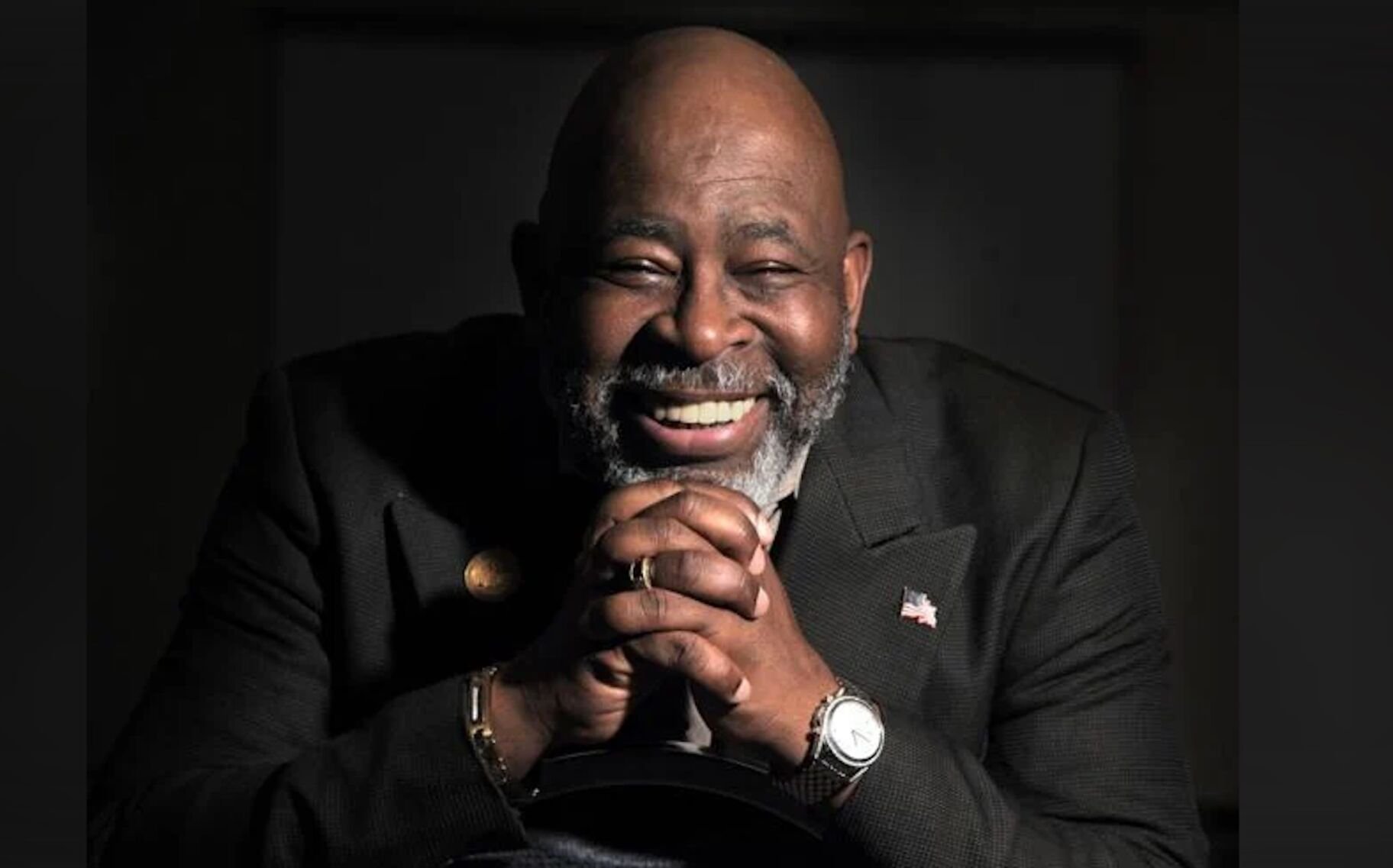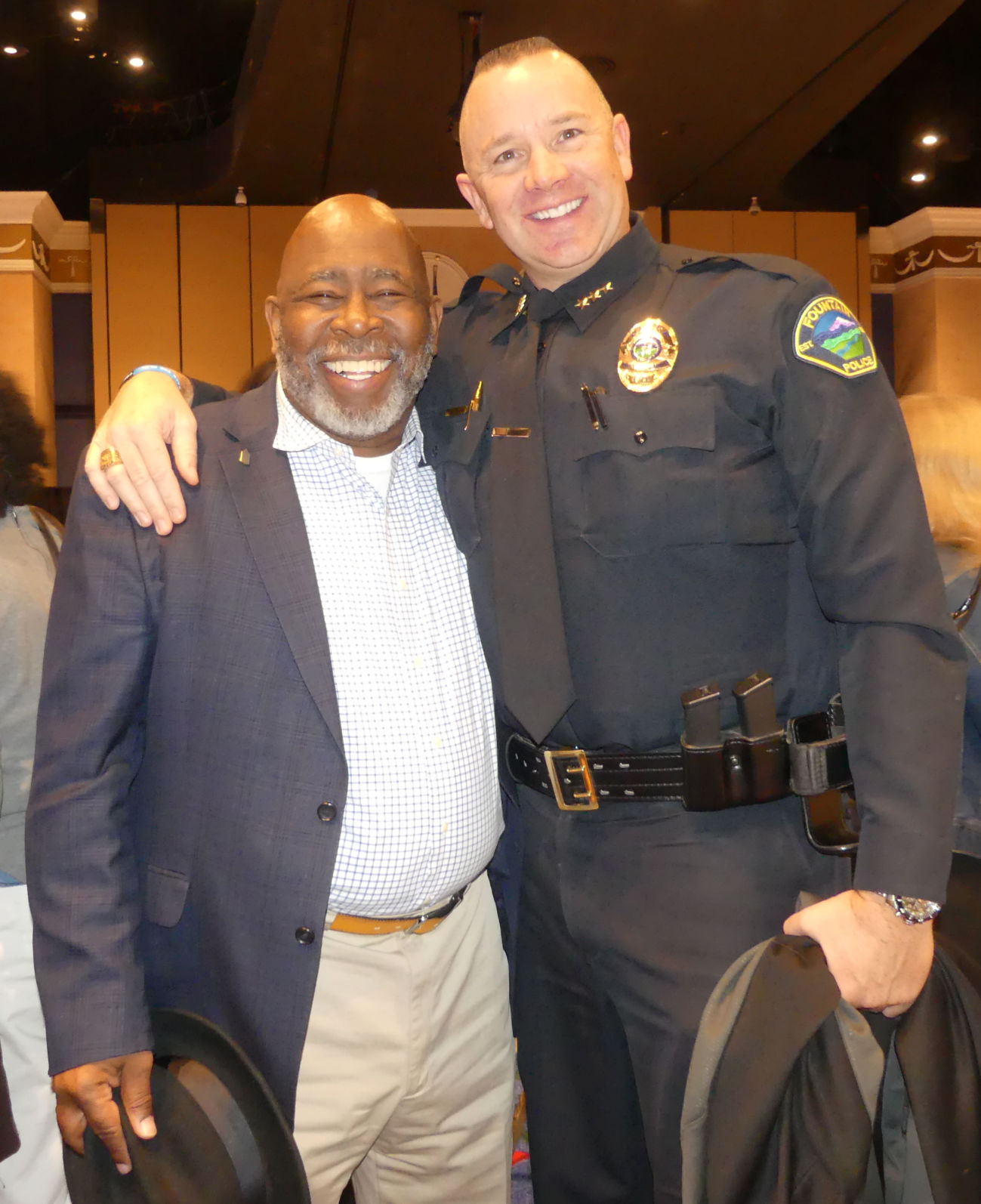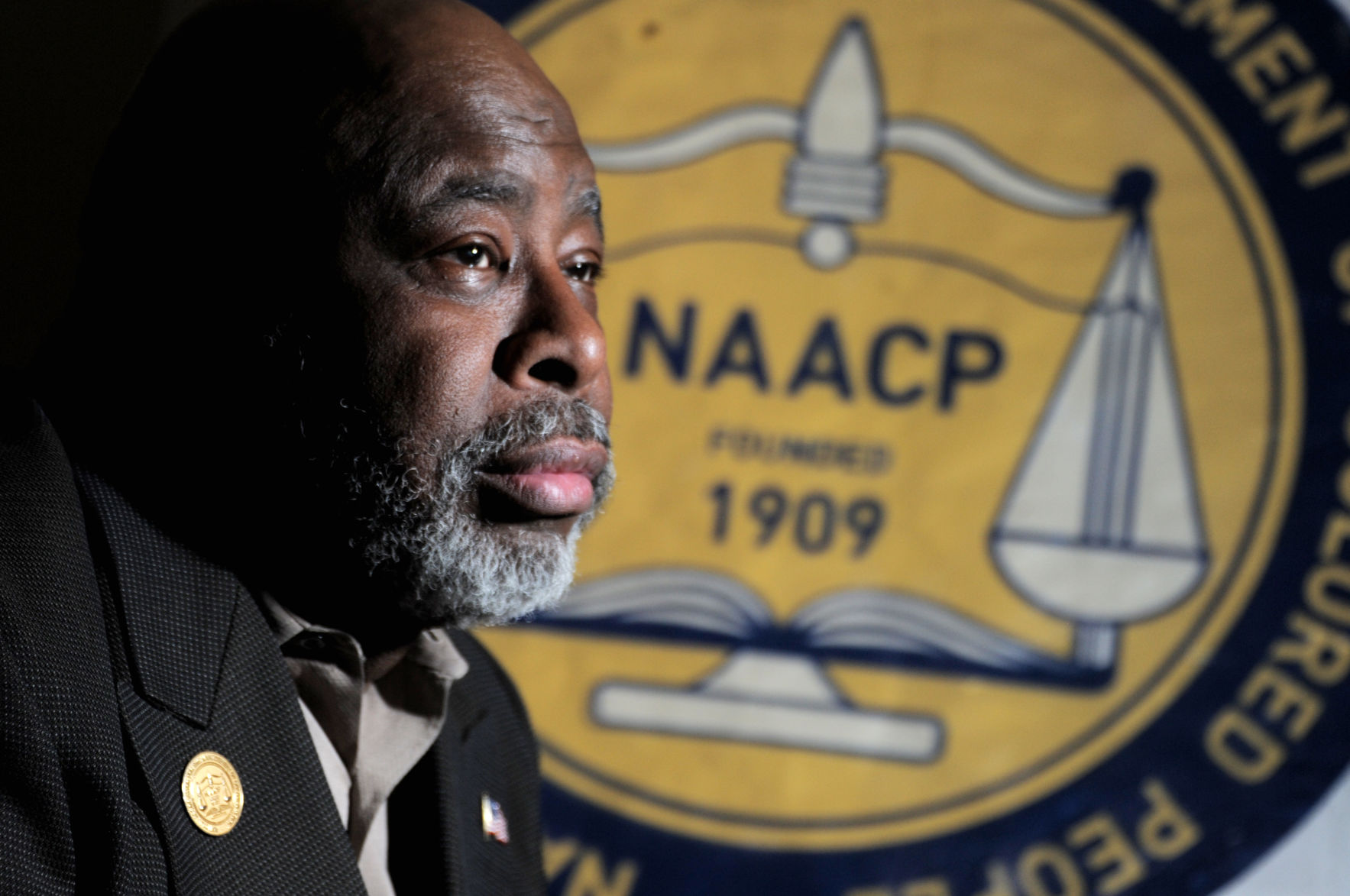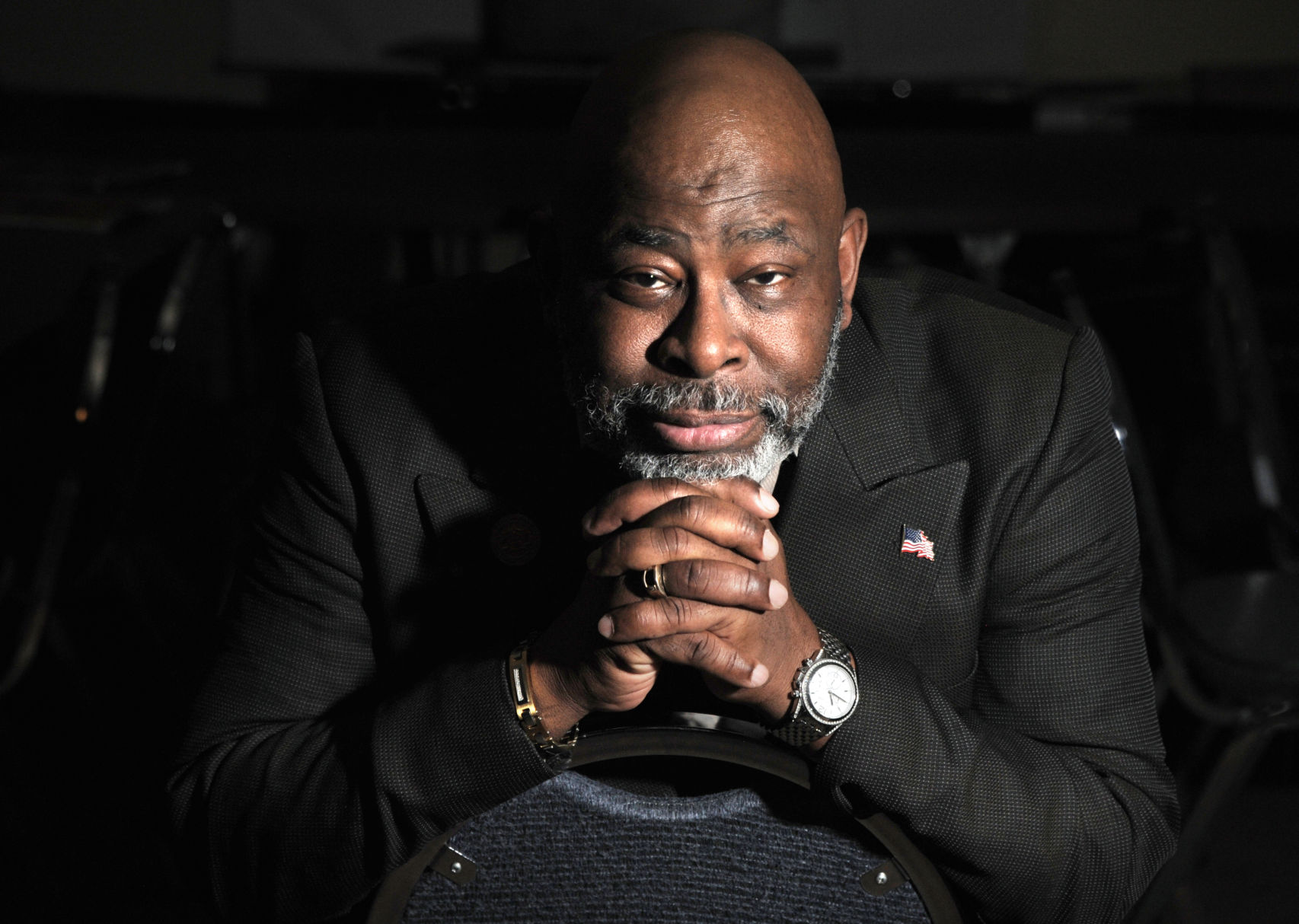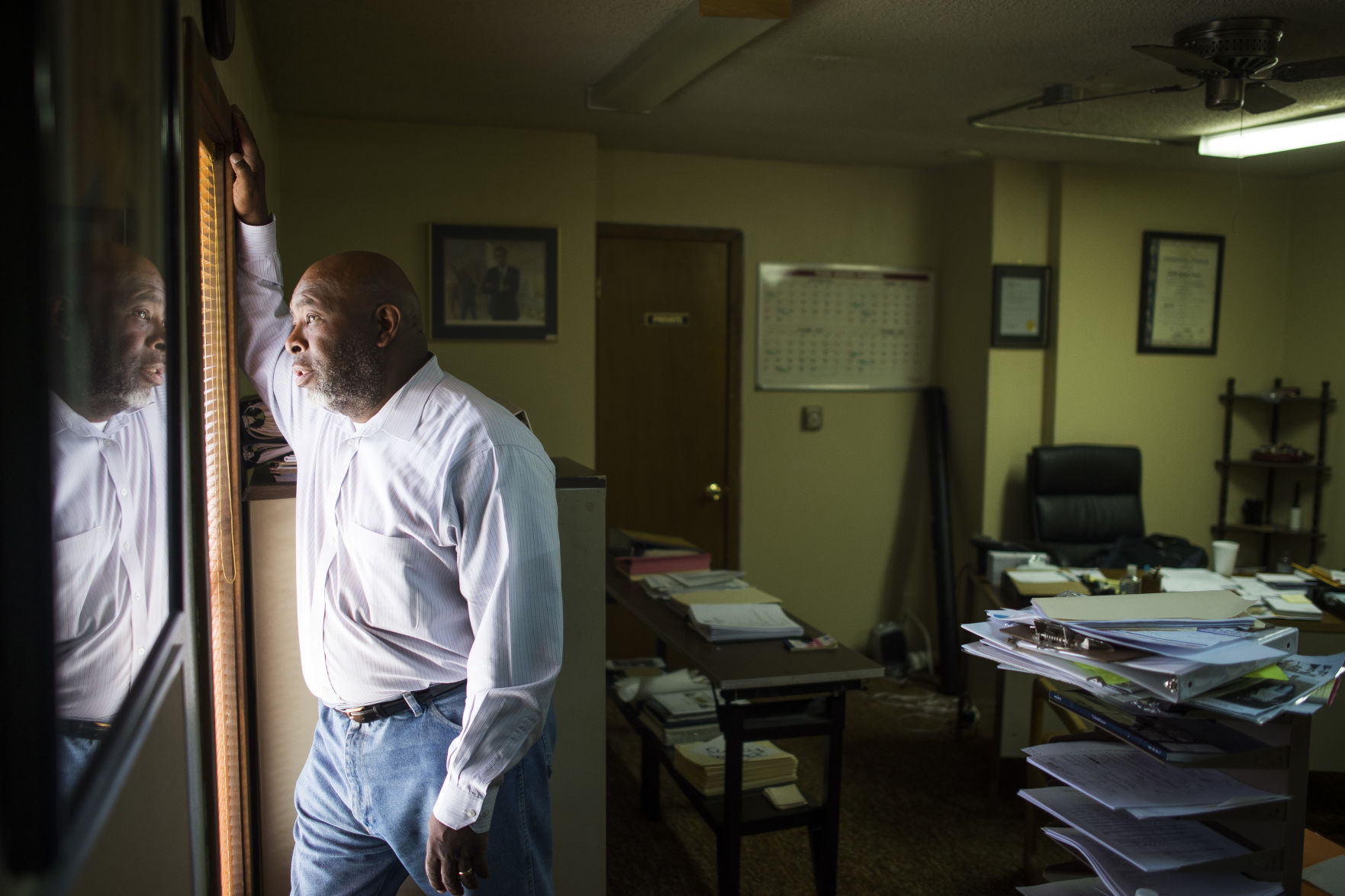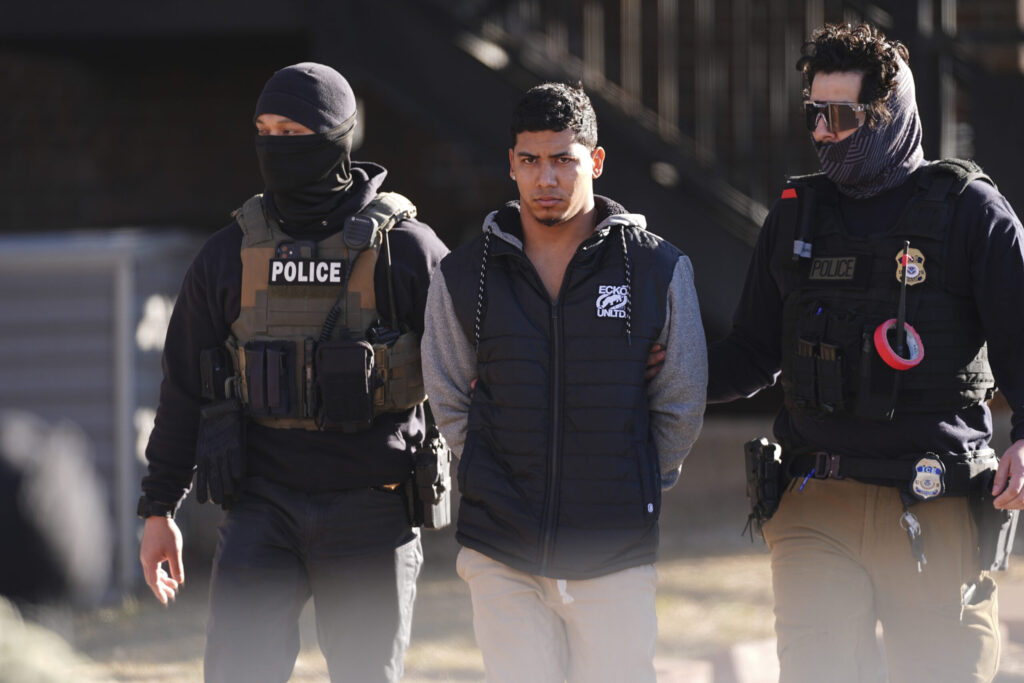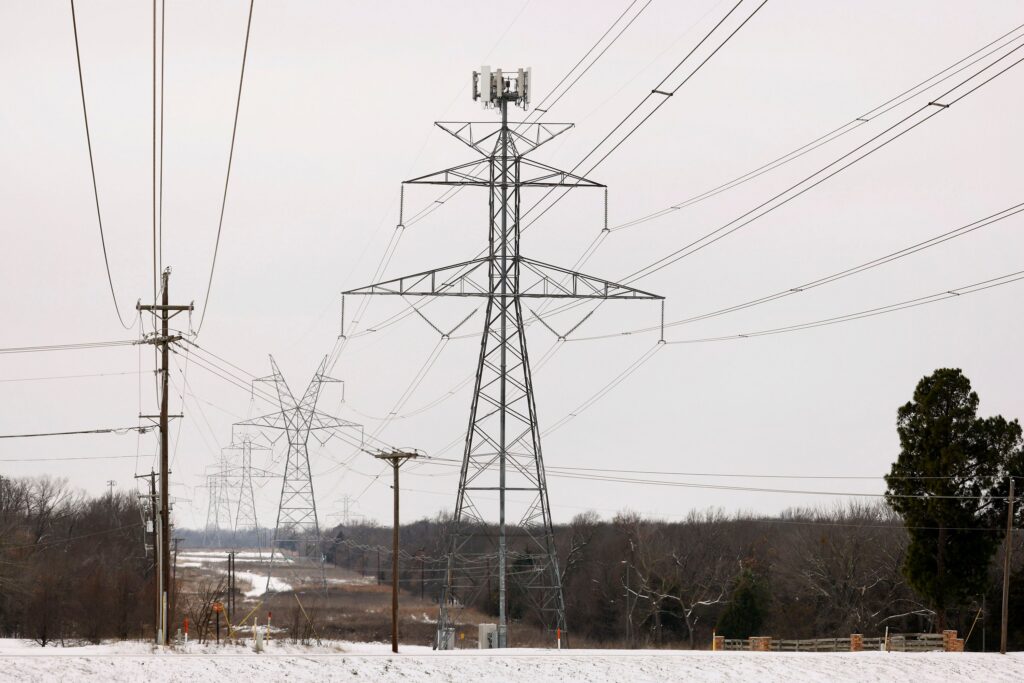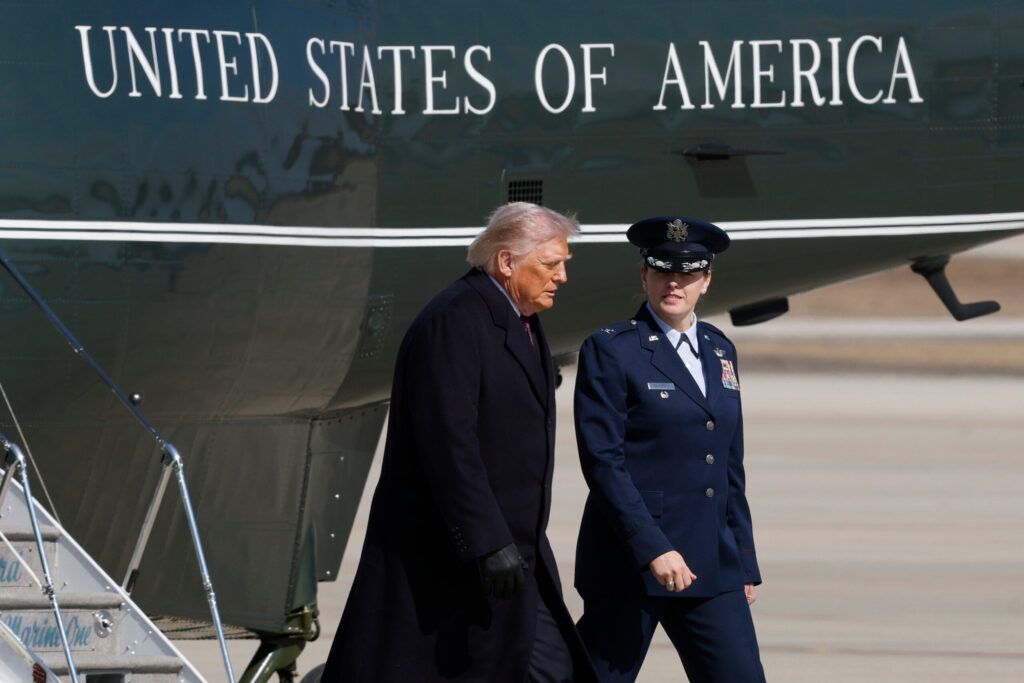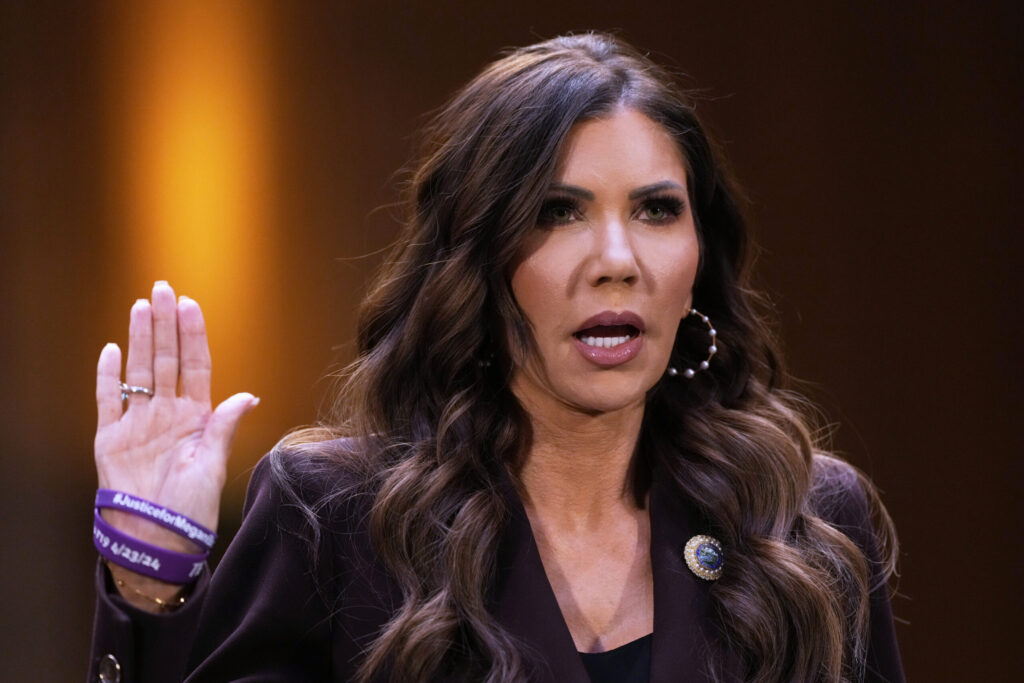Henry Allen Jr., former Colorado NAACP president and civil rights advocate, has died
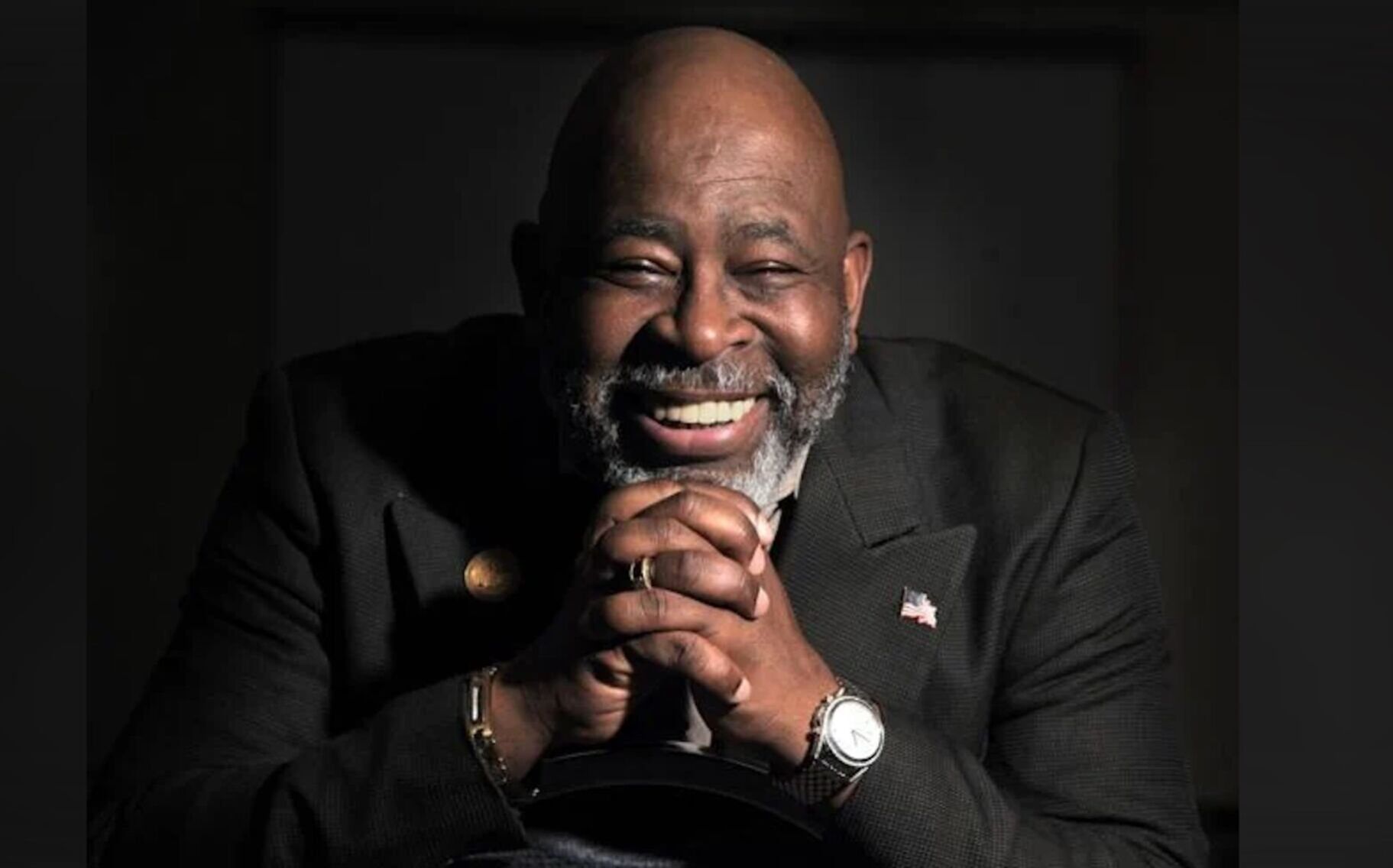
Henry Allen Jr., a former president of the Colorado Springs chapter of the NAACP and civil rights advocate, died Thursday after a long illness. He was 67.
A 24-year veteran of the U.S. Army, Allen dedicated the latter decades of his life to public service in the Pikes Peak region. After retiring from the armed services, he served as a deputy with the El Paso County Sheriff’s Office for 14 years. What Allen saw during his time with the Sheriff’s Office compelled him to become involved in civil rights and social justice, friends and associates said.
Civil Rights Act: Long-time Colorado Springs NAACP volunteers continue work for social justice
“Seeing young Black men incarcerated broke his heart,” said Theresa Null, a former Colorado Springs School District 11 board member. “He became more devoted to civil rights action.”
Allen’s commitment to social justice led him to join the local branch of the NAACP, where he was elected president in 2013. Colleagues remember Allen as a hands-on leader who shepherded the group through difficult times – including a 2015 bombing – and was never too busy to help someone in need.
“He never turned anyone away if they needed help,” said former chapter President Willie Breazell. “Sometimes he’d give people money out of his own pocket to help them get back on their feet. If he could help you, he would.”
Allen’s tenure with the local NAACP ended in controversy when he was voted out of office in January 2016. A dispute with the national organization over party politics led to his ouster, Allen told The Gazette shortly after the election.
“It has been a 36-month battle with the national organization that because I allowed tea partiers to join, because I allowed Republicans to join, Blacks, whites, Hispanics, that’s an issue with them and that’s why they pushed for this election,” Allen said.
Family spokesman Eric Graham said that while Allen was a diehard Republican, he was always willing to eschew party politics in the service of the greater good.
“He just had a huge heart for anybody,” said Graham, a minister at Emmanuel Missionary Baptist Church, where Allen served as a deacon. “He was always able to step over party lines to come together for the betterment of any situation.”
After leaving the local NAACP chapter, Allen continued his involvement in civil rights causes, launching a local branch of the Southern Christian Leadership Conference. His leadership was instrumental in the effort to rename a 10-mile stretch of U.S. 24 in honor of the Buffalo Soldiers, a Black regiment that served primarily on the Western frontier after the Civil War.
Allen will be remembered as a committed public servant and tireless champion for social justice, friends and admirers said.
“Henry was very community-minded, and a real champion for the underdog,” said former NAACP colleague Theresa Daniels. “He was a really compassionate man.”
“He really wanted to build on Dr. King’s legacy and move it forward,” said Nathaniel Granger, former chief of staff for the Pikes Peak SCLC. “His whole way of leadership was predicated on love for humanity. He liked to say, ‘I don’t care if you’re a Democrat or a Republican – what’s right is right.'”
A memorial service for Allen will be held at 10 a.m. Friday at Emmanuel Missionary Baptist Church’s north campus, 3615 Vickers Drive.
